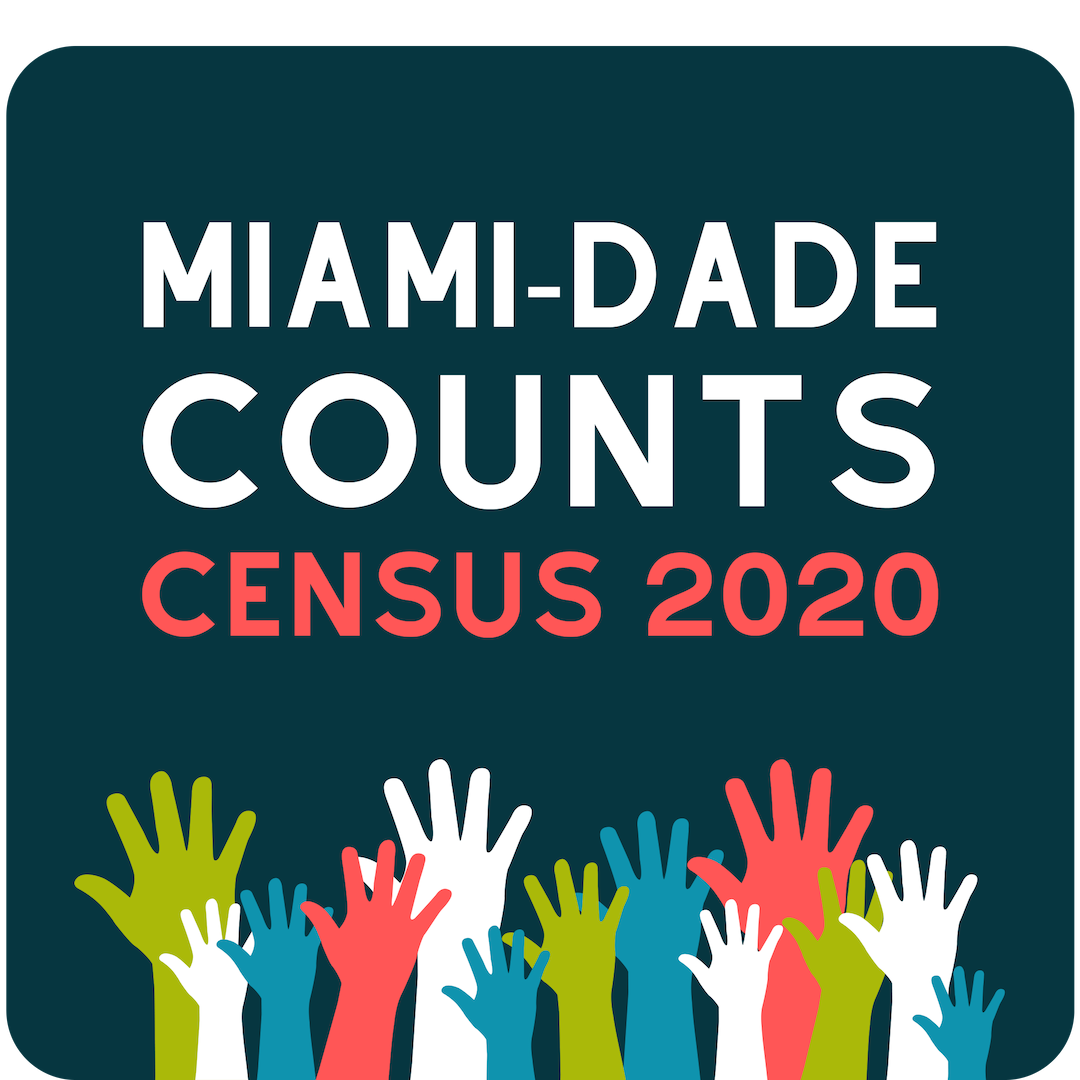WE WILL ALL FEEL THE IMPACT OF THE 2020 CENSUS FOR THE NEXT 10 YEARS. How it affects Miami-Dade County residents depends on you! Take a look at all of the ways an accurate census count influences our lives.
national & State Funding
Approximately $1.5 trillion in federal and state resources will be allocated based on how the census numbers shake out; $45 billion dollars are on the line for Florida. An undercount would mean that Miami-Dade residents miss out on their fair share of funding for programs, including early child education and healthy meals in schools; health insurance for children, pregnant women and adults with disabilities; affordable housing; transit planning and construction, and more. Learn more here.
Equity & DEMOCRACY
In 2010, the census failed to count 1.5 million Latino and Black people. Census numbers determine political representation in Congress and State legislative districts so when census information isn’t accurate, it can muffle the voices of undercounted populations and regions, and undermine the basic political equality that is central to our democracy. Learn more here.
Business growth & JOBS
Companies rely on census data to decide whether to locate in our region , how to expand and where they have the best chance of seeing a high return on investment. Learn more here.
TRANSPORTATION & SOCIAL SERVICES
In addition to driving funding, census data will be used to build the case for policy decisions, like where to build schools, and to evaluate the effectiveness of government policies for the next 10 years. Philanthropy and nonprofit organizations, including hospitals, also use this information to assess community needs and make charitable investments. Learn more here.
public HEALTH & RESEARCH
The information collected during the census helps academic researchers businesses, elected leaders, and community decision makers understand the changes and needs in their communities, including health, immigration and mobility. For example, National Center for Health Statistics uses it to calculate vital statistics and rates for health service utilization. Learn more here.
allocating government representation
The census is used to allocate seats for the House of Representatives equitably. Population shifts can result in a reduction or increase in the number of House members for each state. Florida gained two seats in the House after the 2010 Census and could gain up to two more seats, but only if there is a complete and accurate 2020 Census count. Learn more here.
voting district boundaries
Census data is used to set the boundaries for congressional districts, state legislative districts, school districts, and voting precincts. Learn more here.
philanthropic priorities
In addition to government spending, census data impacts how charitable dollars are spent, and positions nonprofits to make the case for increased need and support. Learn more here.









